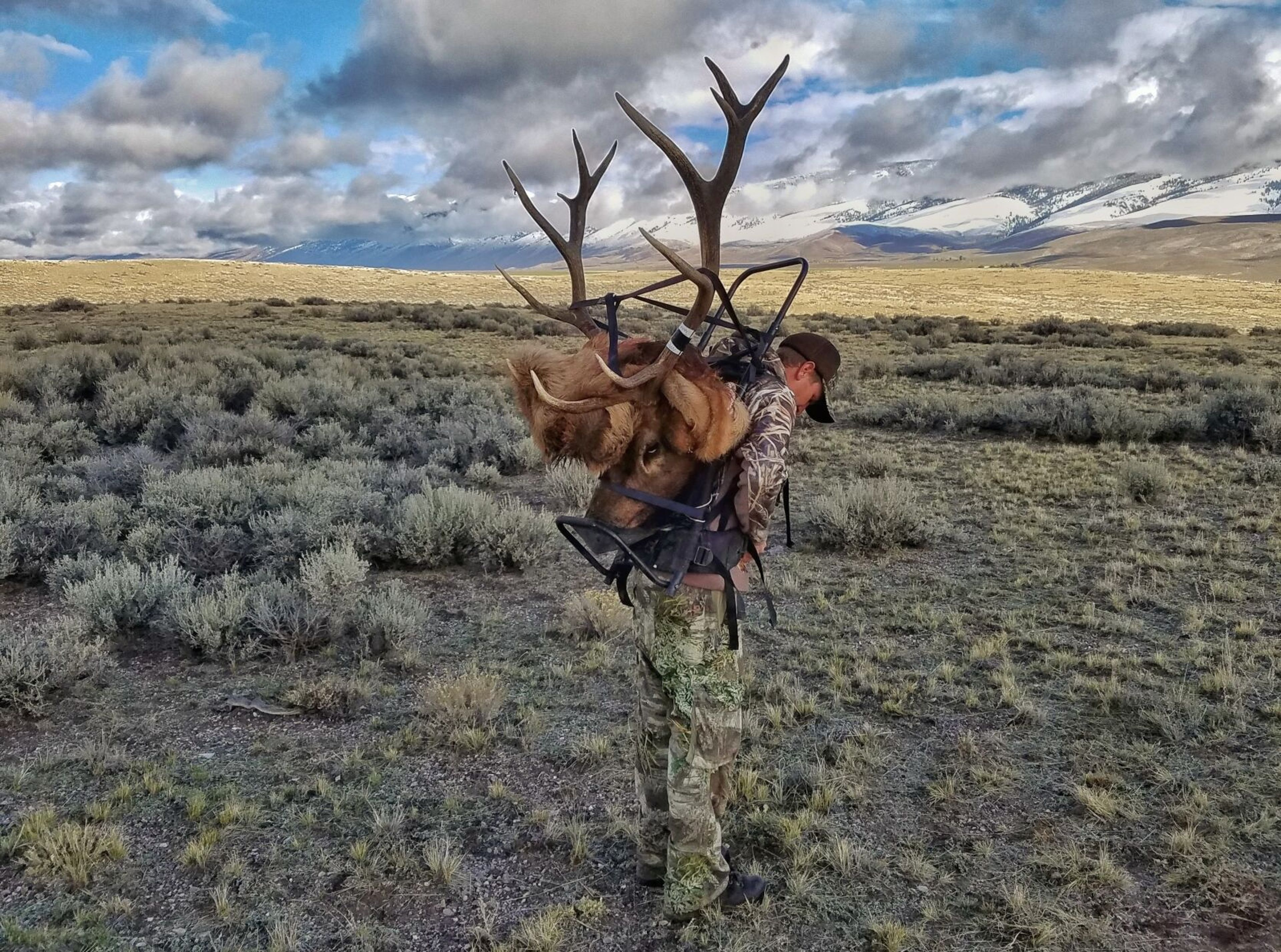Keeping cool
Be prepared to preserve meat in hot weather hunts
The first hunts always happen in the shoulder season between summer and fall.
That means mild temperatures, which is good for those who like to hunt in lightweight clothing. But it can be disastrous if you get an animal down just as temperatures are climbing and you aren’t prepared to care for the meat.
Here are some tips from the Idaho Department of Fish and Game to help keep meat from spoiling.
According to a news release from the agency, when temperatures are high, hunters should quickly act to preserve meat. That means immediately skinning and quartering the animal, then getting it to cold storage as soon as possible.
“The primary thing for the care of game is to get the hide off the critter as soon as you can,” Mark Carson, a now-retired conservation supervisor for the department, told the Tribune in 2017. “The function of all hides are to keep the animal warm, and it works just as effectively when they are dead.”
Carcasses that are not cooled properly can become “bone sour.” According to the news release, that happens when high temperatures produce explosive bacterial growth near bones and joints. The result is meat with a foul taste that can’t be mitigated.
Ice it
Sliding bags of ice in the body cavity of an animal can help keep meat from spoiling. However, the agency warns not to depend on ice. Animals should still be skinned and quartered and lifted off the ground. Both skin and the ground serve as insulation that traps heat and spoils meat.
Hanging meat helps but can not always be relied on. If it’s too warm, hanging meat can still spoil. In these conditions, have ice on hand and get meat to a cool place, such as a meat locker, as soon as possible.
It’s best to have a game plan in place prior to the hunt. In hot weather, have or know of a nearby ice source and know where you will take your meat once you leave the field. Carson said many hunters freeze water in milk jugs prior to warm weather hunts and then place them in the cavities of downed animals or use them to chill coolers.
He said if you place quartered meat in a cooler, leave the top cracked during the first 24 hours so heat can escape.
No fly zone
Warm weather means bugs like flies will be out. Be prepared with game bags that keep bugs from laying eggs in your meat. Game bags also deliver an added benefit — they help keep skinned meat clean.
Clean, cool water
Water may be used to clean a skinned carcass. However, the agency recommends using clean water and making sure the meat is able to dry quickly. Water can prompt growth of bacteria. So avoid placing skinned meat places where it will be in prolonged contact with water, such as a cooler with free-floating ice.
Winter spoil
Don’t be fooled by cool weather. Carson told the Tribune that conservation officers often write wasting citations when the ground is blanketed with snow. The cool temperatures sometimes lead hunters to believe there is no threat of spoilage. Not so. Again, Carson stresses that hides are designed to retain heat. On top of that, snow can be insulating as well.
“An unskinned elk lying on its side has snow and multiple layers of skin between the outside of its shoulders and hams and the meat,” he said.
At the very least, the animal should be lifted off the ground. Even using logs or rocks to get a few inches of clearance can make a difference, he said.
“That will buy you some time,” he said. “I like it to be laying on its backbone with the body cavity open so heat can escape and the legs splayed out so you don’t have four layers of hide on each side of the armpits.”
Barker may be contacted at ebarker@lmtribune.com or at (208) 848-2273. Follow him on Twitter @ezebarker.


